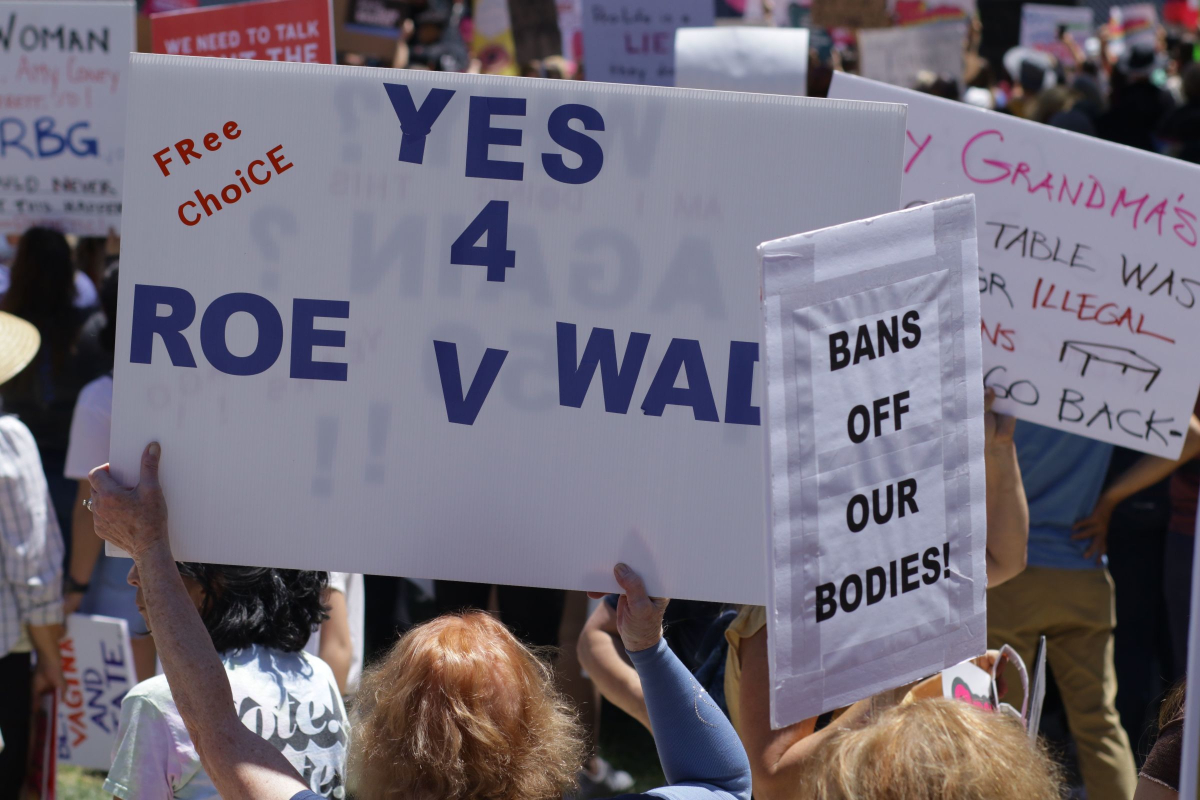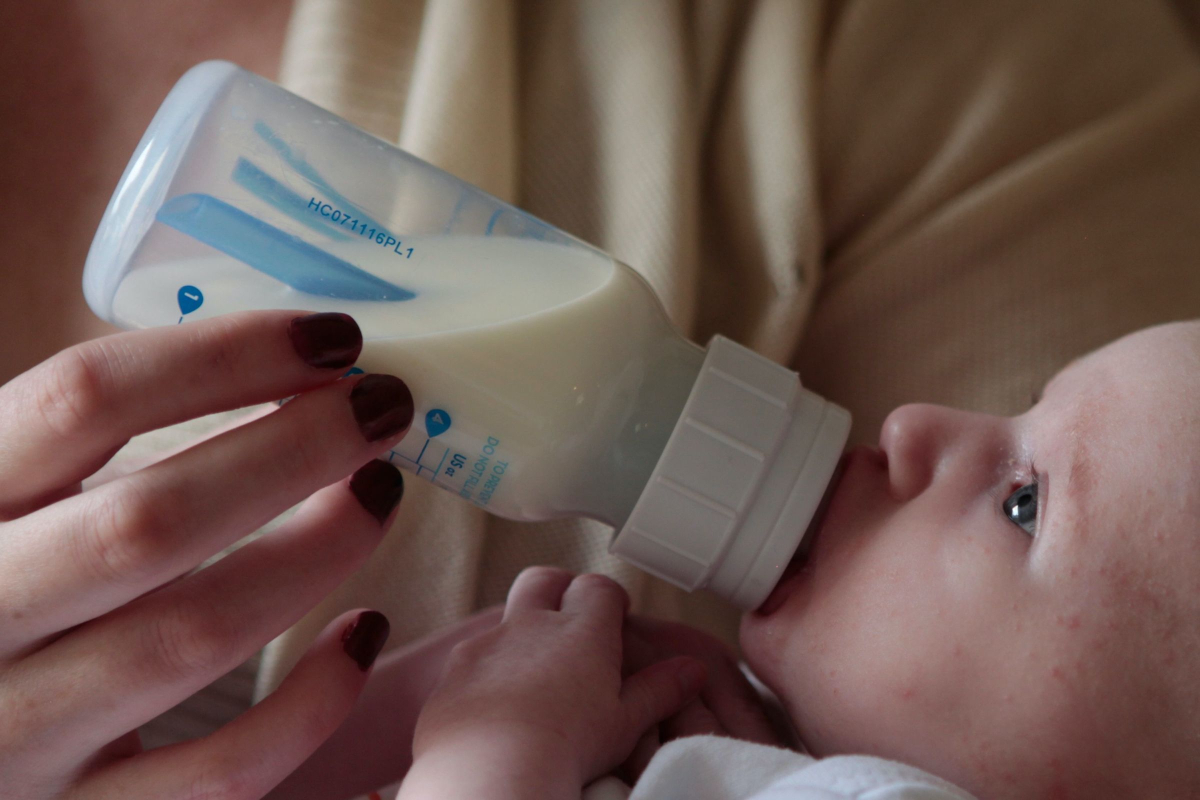Family law is an area of law that deals with family-related issues and relationships, including marriage, divorce, child custody, and child support. Children are often at the center of family law matters, and their interests and well-being are critical considerations. Here are some ways in which children benefit from family law, and how their rights are protected:
- Protection from Abuse and Neglect: One of the most important ways that children benefit from family law is by being protected from abuse and neglect. Family law courts have the power to intervene in cases where children are at risk of harm and to take steps to ensure their safety.
- Child Custody and Visitation: In cases of divorce or separation, family law courts determine child custody and visitation arrangements. These decisions are made based on the best interests of the child, and they aim to ensure that children have regular and meaningful contact with both parents.
- Child Support: Family law also deals with child support issues. Parents have a legal obligation to support their children financially, and family law courts can order child support payments to ensure that children’s needs are met.
- Adoption: Family law also governs the adoption process, which can provide a stable and loving home for children who may not have one. Adoption can provide children with a sense of permanency and security.
- Education and Healthcare: Family law also deals with issues related to children’s education and healthcare. For example, family law courts can order parents to provide healthcare insurance for their children or make decisions about the children’s education.
- Voice in the Process: Family law also provides children with a voice in the legal process. Children who are old enough and mature enough can express their preferences about custody and visitation arrangements, and their views are taken into consideration by family law courts.
- Protection of Privacy: Finally, family law also protects children’s privacy rights. Family law courts can issue orders to protect children’s personal information, such as their names, addresses, and school information, from being disclosed in court proceedings.
In conclusion, family law plays a crucial role in protecting the rights of children. It ensures that children are protected from abuse and neglect, and it provides them with a voice in the legal process. Family law also governs child custody, visitation, and support, as well as adoption and education and healthcare issues. By ensuring that children’s needs are met, family law helps to ensure that they have the opportunity to grow up in safe and nurturing environments.











